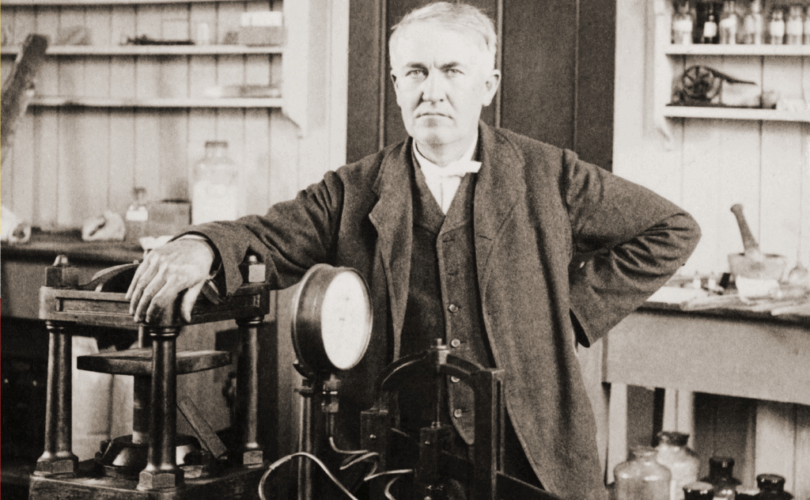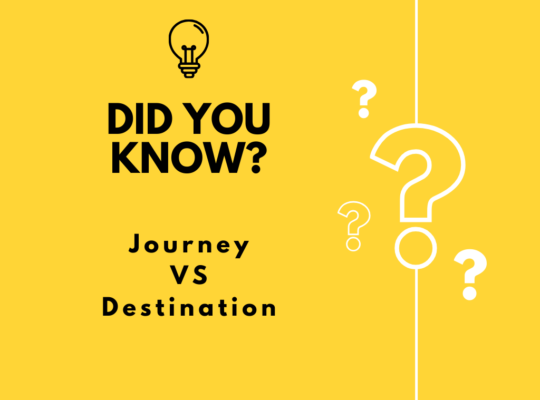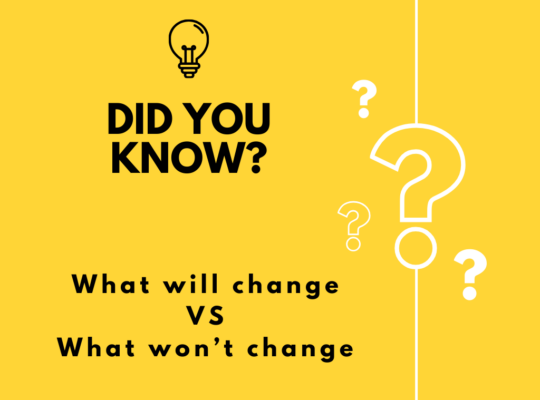Behind every genius, there is someone who chose without knowing the outcome.
In the official story of Thomas Edison, his mother appears only briefly—like a candle lit early in the story, then forgotten once the sun comes up. We are told she believed in him. That she pulled him from school when teachers said he was “addled.” That she taught him herself, lit his inner fire, and quietly changed the world through him.
But what we don’t ask is: What did Nancy Edison know when she made that decision? Did she act out of confidence or desperation? Was it faith or fear? And when the house was quiet and Thomas was asleep, did she ever wonder if she’d made a terrible mistake?
She was a former teacher, yes. But by the time Thomas, the youngest of seven, was struggling in school, Nancy was no longer a professional educator. She was a mother in a modest Ohio household, stretched thin, likely tired, and probably carrying more private doubts than public legend ever admits. The boy came home one day after a brief stint at school, marked as slow, inattentive, maybe even defective.
Did Nancy see genius in her son? Or did she simply see a child who didn’t fit and feel, as many mothers do, that the world was about to misplace him?
It’s easy to romanticize her decision. It’s harder to sit in the truth: Nancy had no roadmap. No educational theory. No long-term plan. What she had was an instinct, the kind that mothers carry without needing to name it. She sensed the environment was wrong for him. And though she may not have known what the right environment was, she chose to build it herself, plank by uncertain plank.
There is no record of how she wrestled with that choice. No letter, no journal. We don’t know if she wept the night after pulling him out, or if she prayed to make up for what the school could not offer. Did she worry about failing him? Did she fight with her husband about it? Did her neighbors whisper behind her back?
All we have are Edison’s later words, full of gratitude:
“My mother was the making of me. She was so true, so sure of me, and I felt I had someone to live for, someone I must not disappoint.”
But Edison was speaking with hindsight. His mother was acting without it.
And perhaps that’s the truest legacy of Nancy Edison. Not that she taught a genius but that she made a decision based on limited information, limited options, and unlimited love.
She didn’t know her son would change the world.
She didn’t know her gamble would become a parable.
She didn’t even know if she was right.
She just did what she could, with what she knew, at the time she had. And then she lived with it without applause, without certainty, and without the comfort of knowing how the story would end.
Every choice we make is like that. Even the ones that later look brilliant. Even the ones that feel wrong at the time. We do not live with clarity, but we live with consequence. Nancy Edison reminds us that parenting, leadership, and love are not about getting it “right.”
They’re about acting with care, in the absence of knowing.
And sometimes, that’s enough to light the world.
-TK







